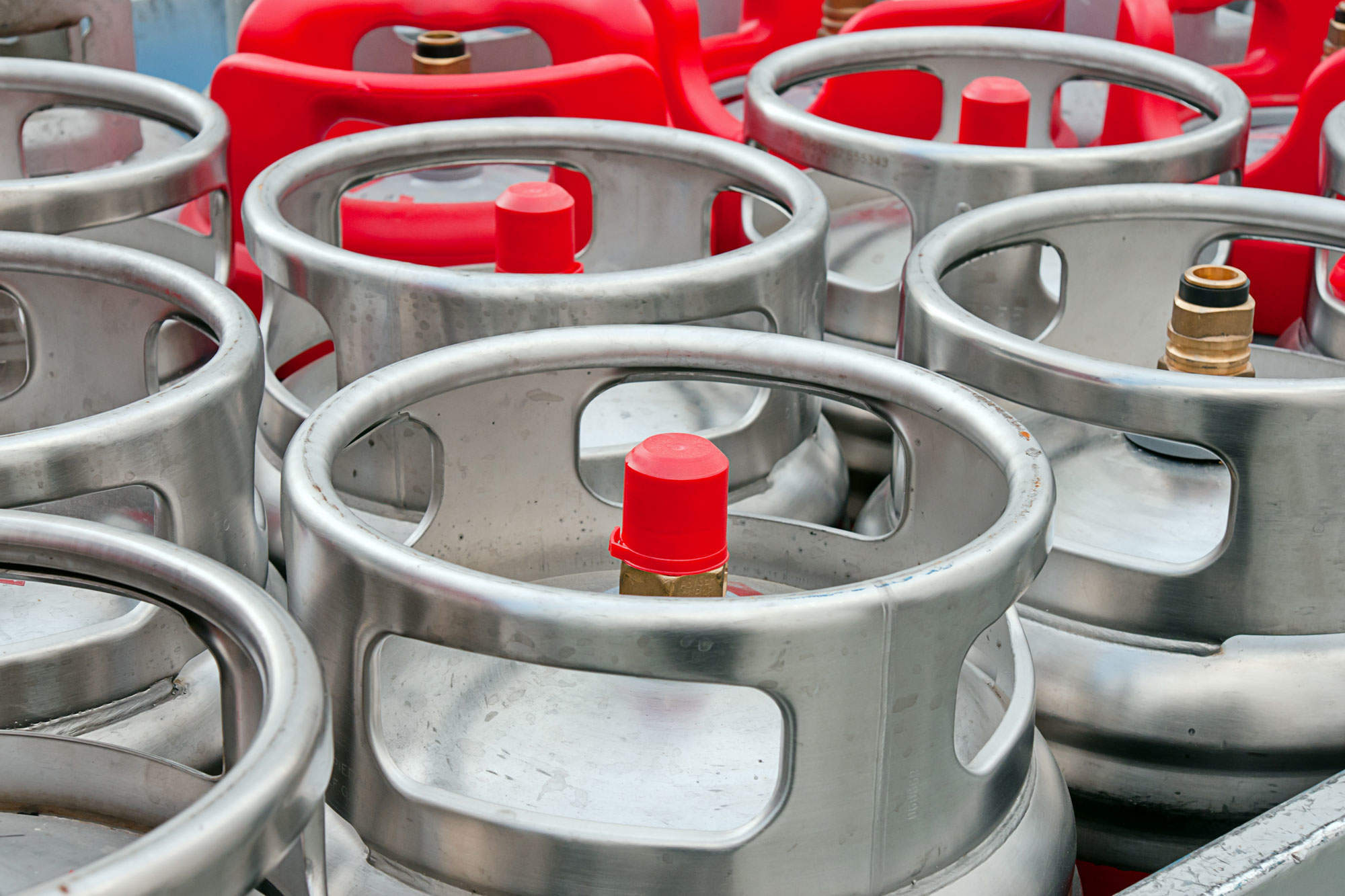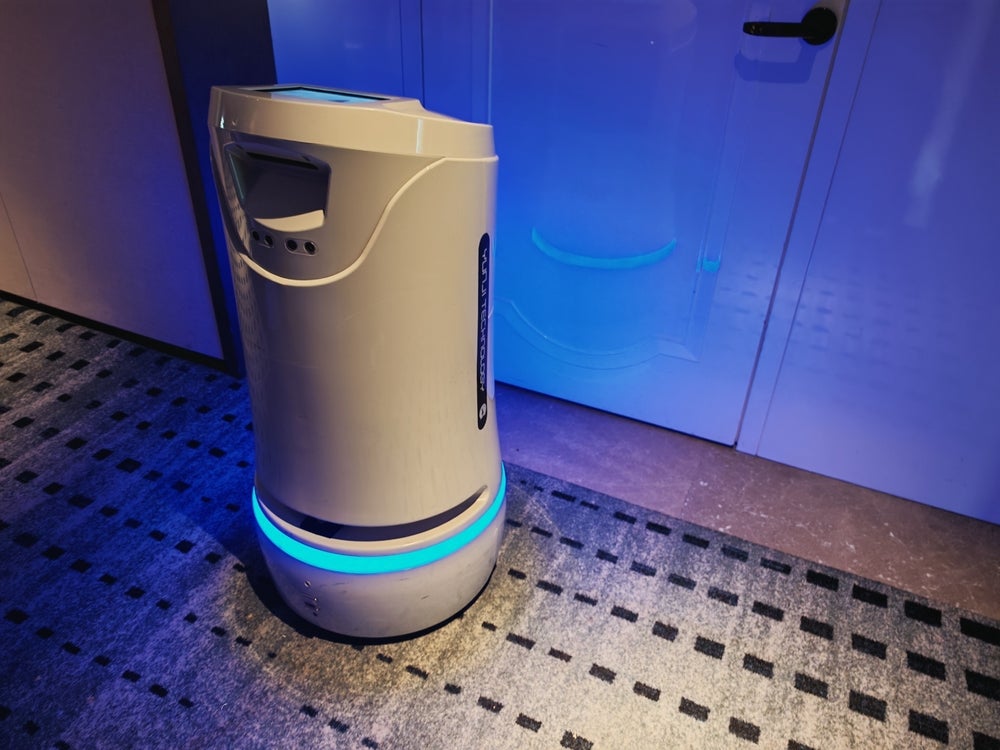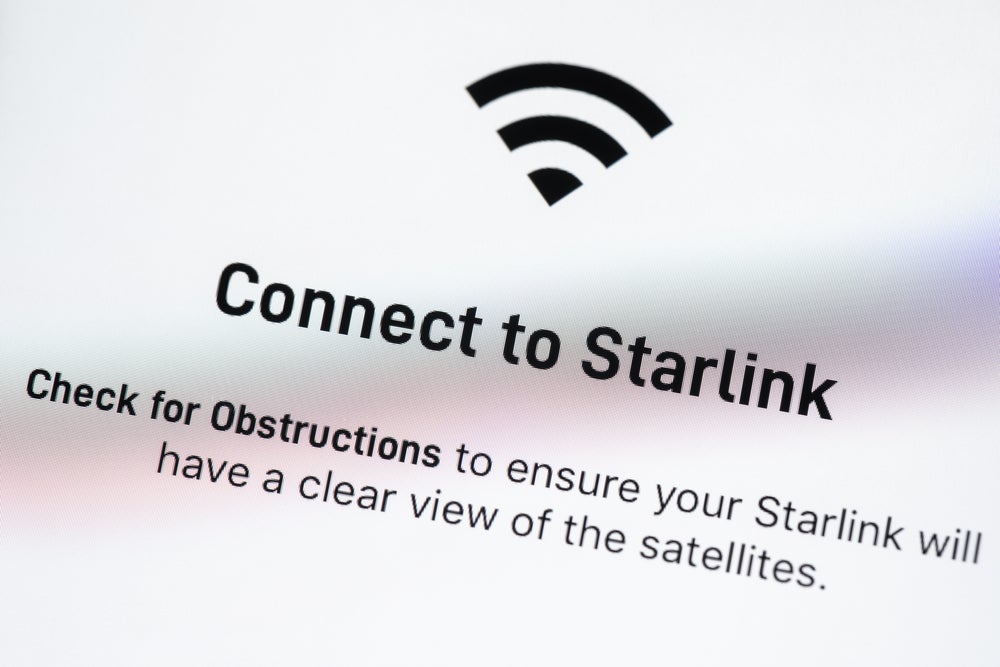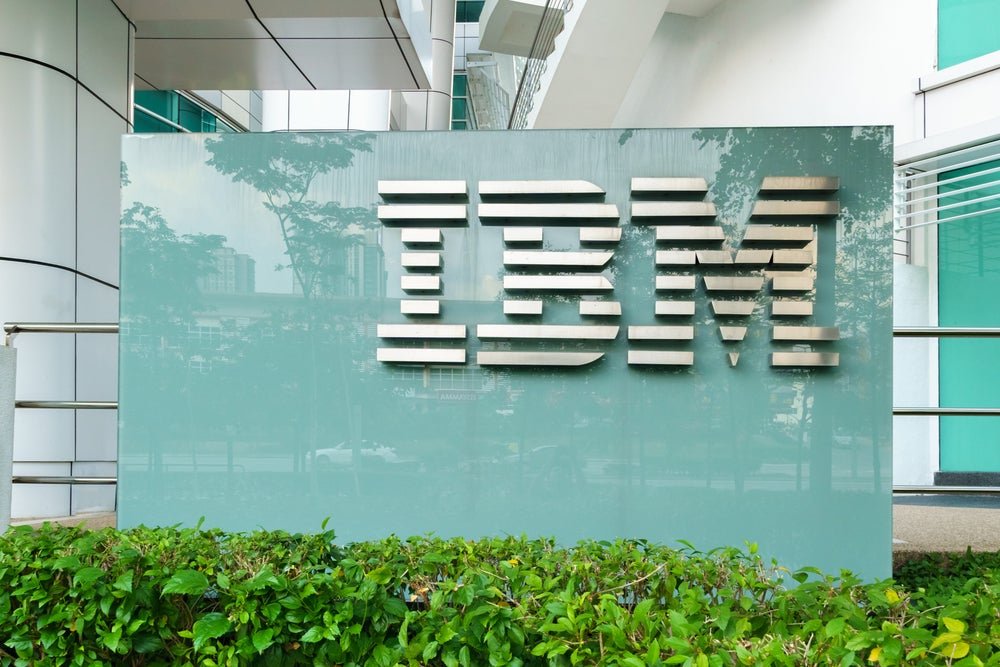
A flat-pack generator known as a QuickQube has been developed that can turn human waste into energy.
Using a process known as anaerobic digestion, the QuickQube uses microorganisms to break down organic materials, producing biogas that can be used to generate heat, cook food or be converted into electricity. And thanks to its compact design, it can be easily transported to wherever it is needed – without the need for existing infrastructure.
“The digester is contained within a metal framework which will stand it up, that again can all be taken apart and packaged on a pallet. So in effect, you’ve got a 20ft shipping container’s worth of digestion space that can be flat packed down onto two pallets and transported,” explained Joanna Clayton, founder of QUBE Renewables, the company behind QuickQube, in an interview with Verdict’s sister site Power Technology.
QuickQube’s potential: Bringing a flat-pack generator to refugee camps
QuickQube has been used in the UK, but QUBE Renewables anticipates its biggest market will be in developing nations, in locations where there is a need to quickly build infrastructure.
“We think that hopefully the biggest market for it is in developing countries, particularly for things like aid camps and refugee camps where there is a sanitation issue. As well as it producing gas, what it will do is process the sewage waste and clean it, in effect, so that the gestate that comes out is a usable fertiliser rather than a risk to the people,” said Clayton.
“[It would produce] gas that could then be useable for something like cooking in the camp, which is why we think they’d probably like the energy as cooking gas rather than as electricity, then you’ve got useful resources at that end as well.”
Turning dog poo into biogas
QUBE Renewables’ first product was developed for the UK Army, in the form of fully-contained anaerobic digesters set up in shipping containers. Known as BioQubes, these were designed to be located in remote areas for the UK military to use during deployment.
In refining the technology to produce the flat-pack generator, the company has trialled a wide variety of peculiar waste sources.
“We have digested in the past dog poo, lots of energy out of dog poo. The idea being that instead of it going to landfill, which is where the majority of it goes, or being incinerated, is that in the separate collection dog poo bins it would get separated off and fed into a digester. The trials on dog poo weren’t particularly pleasant,” explained Clayton.
“We’ve done bath bombs, we’ve done knives, forks, spoons etc. that are biodegradable, so for festivals and things like that people could chuck their food waste plus the knife and fork in one bin, and that could all go into a digester.
“Seaweed off a power station, that was quite nasty and smelly. All sorts of things, really, weird and wonderful things.”







